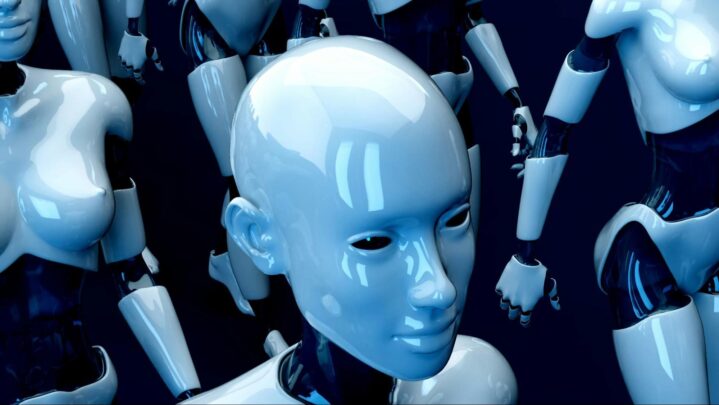In the world of sports, accurate predictions have now become a more science-driven activity. From analysts to everyday fans, AI is now transforming the way we precast results. With the aid of AI, complex data sets such as those from football and basketball are integrated and patterns are found that human beings struggle to process.
How do you AI algorithms calculate the AI-based win or lose scenarios? What is the impact of this technology on the industry stakeholders? In this article, you will learn how machine learning is shifting paradigms in sports predictions.
Data in, Predictions Out ─ The AI Model Behind the Numbers
In order for AI technology to work effectively, AI has tons of accurate data for input. Algorithms require a more complex set of data than final scores and win-lose records. Other less known but equally important determinants are player fatigue, temperature and condition of weather, history of injuries, team relations, and even external crowd factors.
The majority of these multifaceted systems utilize supervised learning, which requires an AI model to be fed historical game data along with their respective results. It figures out what predictive metrics were important for its win/loss record. The AI becomes more precise with each increment of data it consumes.
Probabilistic models these days are very advanced and multifaceted. Instead of simply giving one outcome, AI models offer predictions based on statistical chances. Instead of providing a definite result like “Team A will win”, the AI says “Team A’s route to victory has a 63% chance. ” This kind of thinking allows for advanced human-like decision-making.
The same principle of human behavior can be witnessed in different systems people are fond of as predictive, such as online casino site BD, where these systems dramatically shape the user experience. AI is being trained in both situations to decipher suggestions with AI to reduce uncertainty, turn chaos into logic.
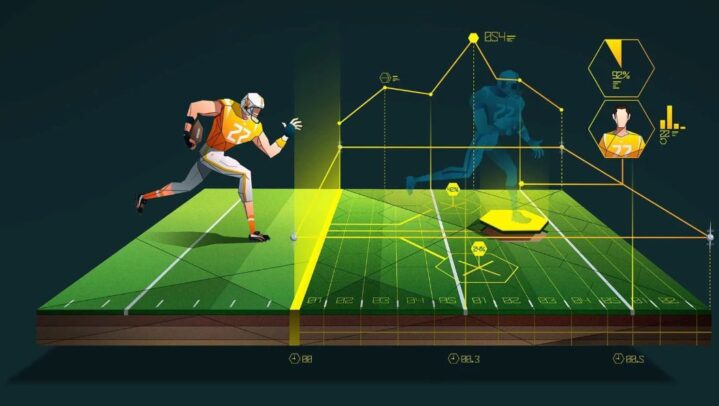
Real-Time Adjustments ─ AI That Evolves with the Game
The real-time prediction of an ongoing event, especially a sporting event, is one of the greatest innovations in AI technology for sports. These systems provide updates depending on what happens during the game, including turnovers, substitutions, or unexpected injuries. Win probability estimation frameworks powered by AI are already used nowadays and during every play, they need to be recalculated, and predictive AIs in baseball need to do the same in football at every server touch.
It is already affecting strategy decisions made by coaches. Some squads have already started to use AI-assisted dashboards during games to guide them on what optimal lineups and lineups should be used and when substitutions should be made. AI technology helps in basketball and American football and, during intense in-game change,s gives coaches a new edge over their rivals.
Furthermore, these fast alterations began appearing in betting markets, too. While casual viewers track the tide of the game from the screen, analysts and data-savvy followers are busy following models that the predictors change every second. Everything around the game changes at real speed.
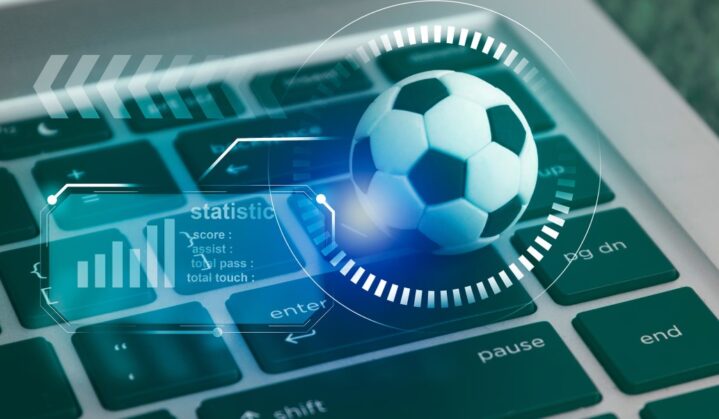
Training the Predictors ─ Where AI Gets Its Insights
With every reliable prediction powered by AI, there is a long training session which has to be done, accompanied by every single detail being built on a database that has a year worth of chronicles, vlogs of games, player performance outlines, time stamps of injuries, and sometimes even biometric data granted from wearable devices. From each of those devices, countless records need to ‘learn’ to determine what the optimal input is and based on what input.
As some may have guessed, deep learning models (or neural networks) can identify patterns that are often overlooked by more basic analysis techniques. For example, a deep learning model may deduce that a certain quarterback “chokes” in cold weather against certain defenses.
However, these models are not perfect. They can be derailed by out-of-the-ordinary factors, such as a star player suddenly deciding to have an amazing game, drastic shifts in weather, or even emotional outbursts. This is the primary reason why the best AI models are still used in conjunction with the human mind. The combination of hard algorithms and soft intuition is unparalleled.
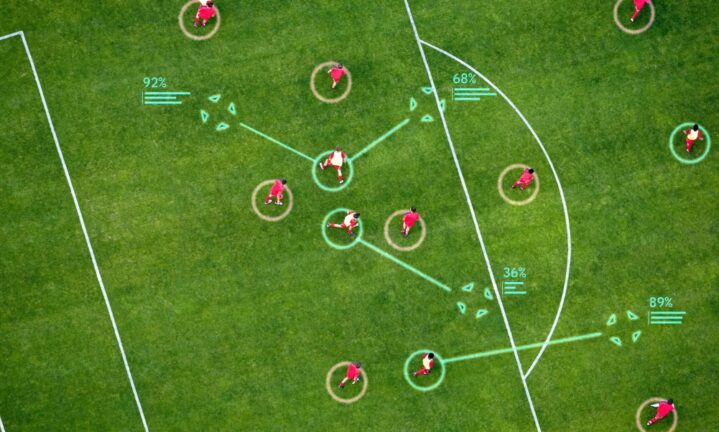
Where Fans Plug In ─ The Digital Ecosystem of AI Predictions
The artificial Intelligence ecosystem allows fans too much access that ranges from the simple fantasy sports and dream competition while predicting games pre-match. Their happiness stems from the availability of showers of sports data and scientific algorithms. Access is becoming easier with the development of social media, sports apps, and fan forums.
Engagement from fans comes exclusively from Instagram as sports pages started posting AI win probabilities, probability simulators, tactical previews, and much more. Sports fans have been starving for things beyond historical highlights, and that is where MelBet Instagram comes in, providing contextual data, important analysis, and intelligent estimation of all that revolves around highlight videos.
Fans these days do not only watch a game but interact with it on a deeper level. AI is continuing to penetrate each and every industry, including gaming, and this makes the role of a fan even more exciting, redefining boundaries.
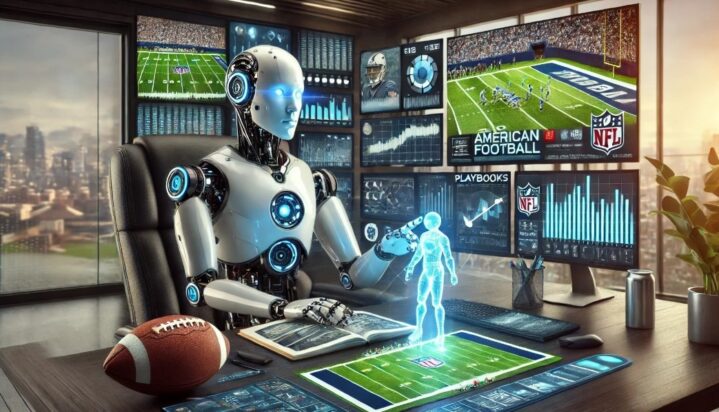
What the Future Holds ─ Beyond the Scoreboard
AI still has a long way to go when it comes to making accurate predictions. The next development might entail more tailored projections based on personal factors, psychographic analytics, or even preferences of individual fans. Just picture an AI that provides information about the probable winner and how the game is likely to play out, alongside which players will make significant contributions.
We might even see AI customizing the broadcast of the games so that every angle, every aspect of commentary, and the visuals presented are aligned with current predictions and what is expected to happen next.
As with AI in other fields, its application in sports prediction is not meant to take over human reasoning — it’s there to assist us. If you’re a coach pondering a crucial decision in the fourth quarter, a fan trying to outsmart your fantasy league rivals, or a just a sports lover, one thing is undeniable: technology is changing the world of sports for the better.
